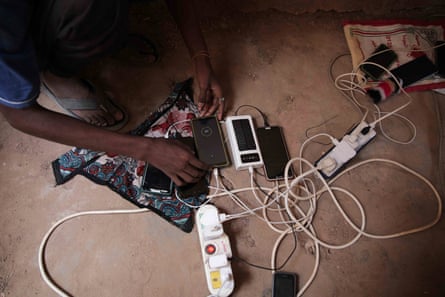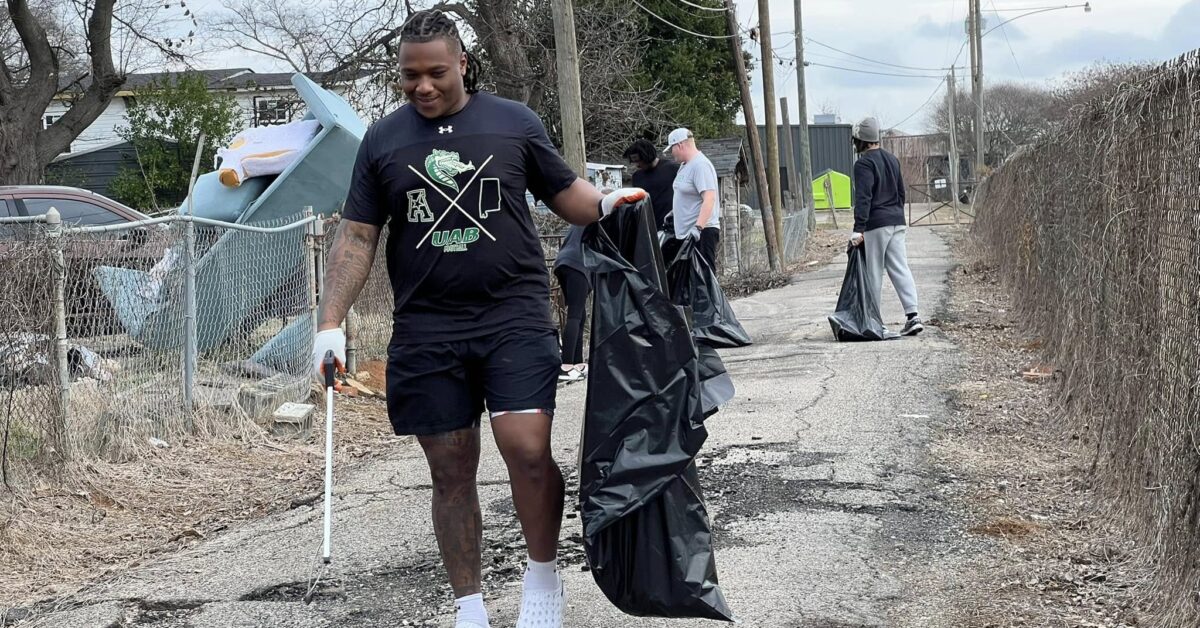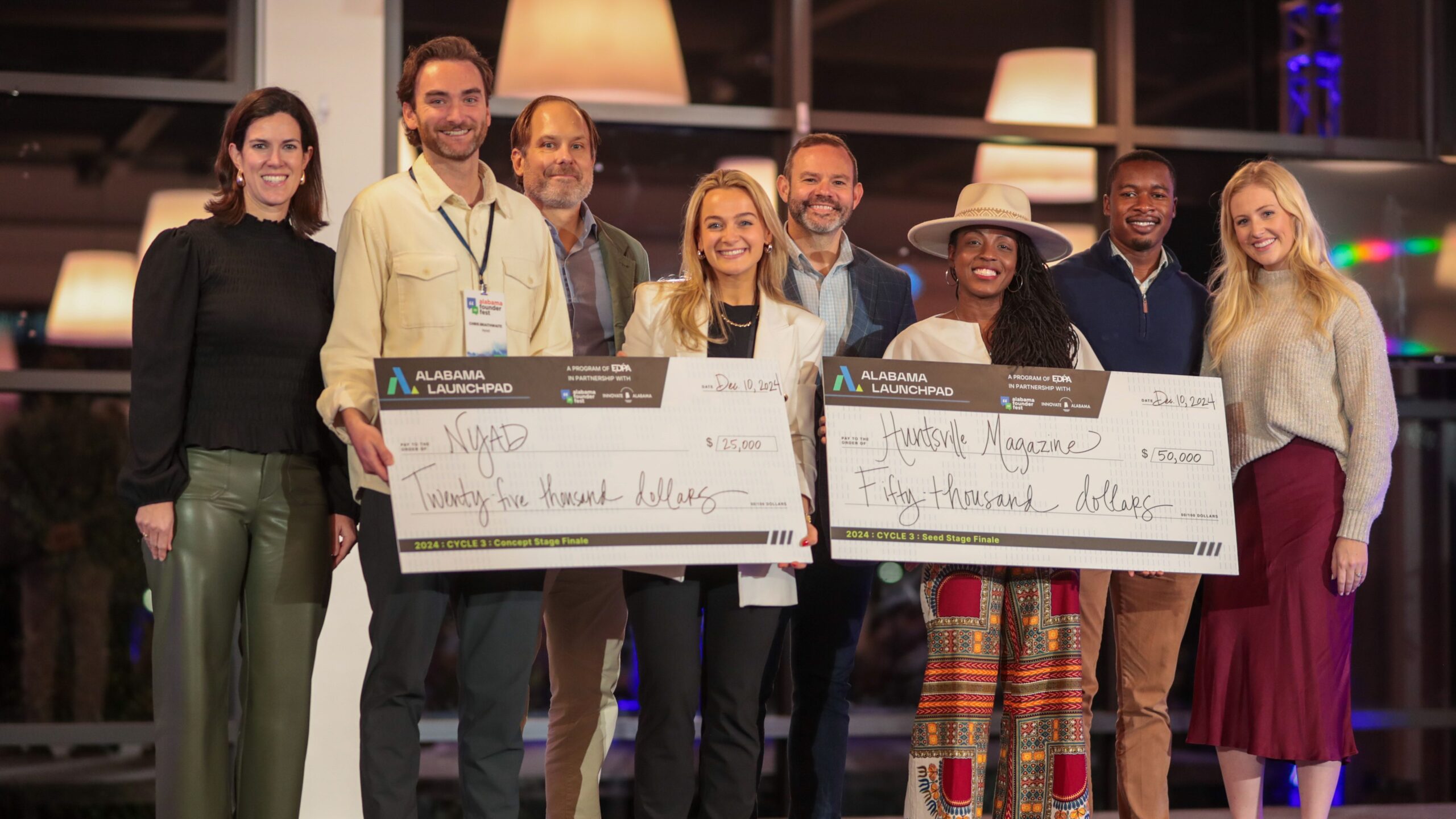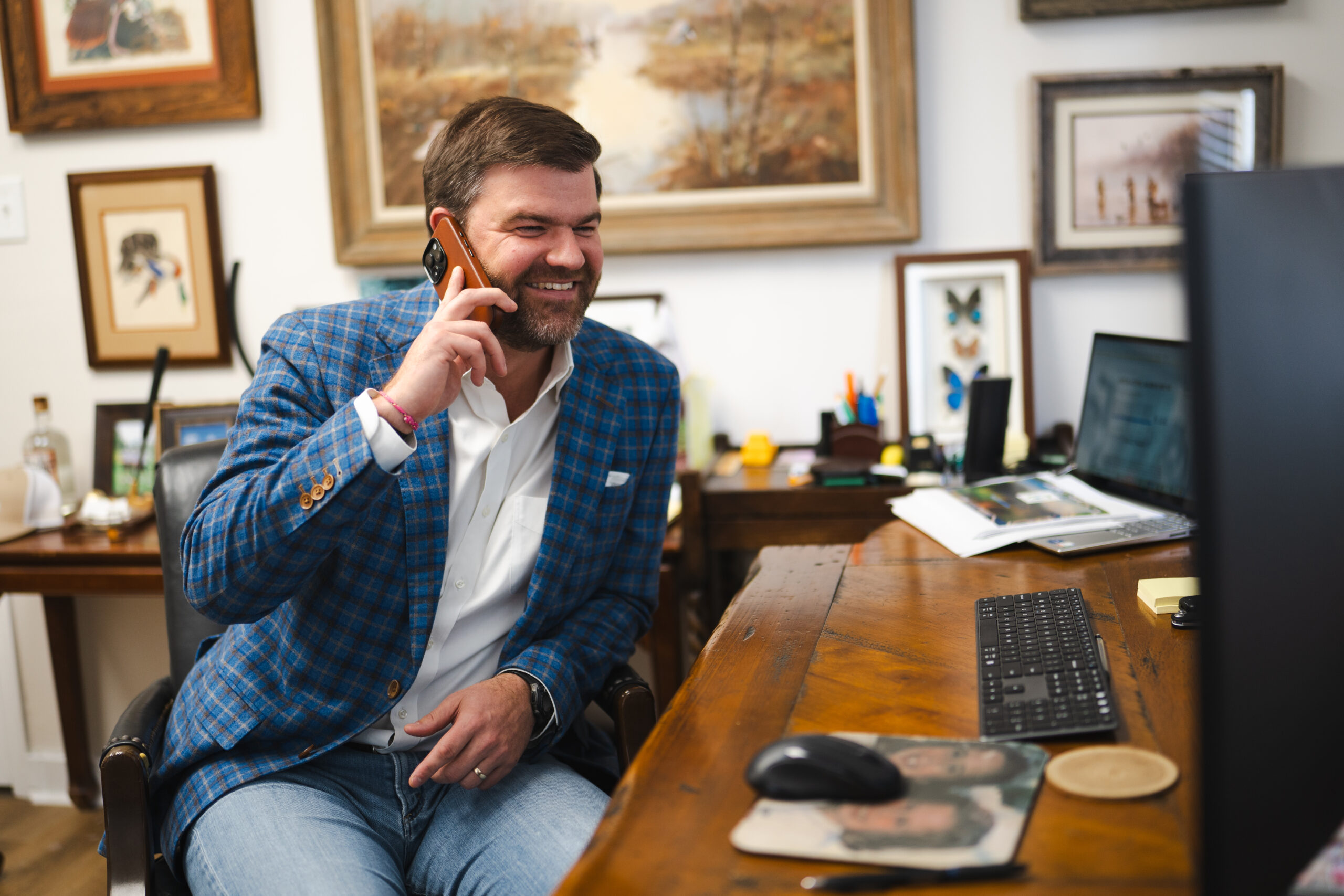
Two months of extremes – anger and sorrow. We survived the noise of artillery, and woke to the sound of MiG, Antonov and Sukhoi planes. We learned how to differentiate between the sounds of the various types of artillery rockets and bet on which direction anti-aircraft missiles would come from.
But we were terrified most of all by the sound of locks being broken on our neighbours’ houses. Hearing that took away our dignity and left us feeling hopeless. We whispered, scared inside our houses that they might discover we were there, and we wept.
Despite the danger of flying bullets, we crept up to the roof, looking for an internet connection to bring us some relief.
We could rarely bathe because the water came from wells far away; there was just enough to wash the dishes and our faces, hands and feet. Water from washing the dishes was recycled to flush the toilets. Ablutions for prayers were done using a stone. I washed my hair twice during the two months. When the smell bothered me, I made do by putting fragrance on it.

Most of the time we boiled water from the wells, which only increased its saltiness; every now and then, one of us would feel pain in our stomach or kidneys from the contaminated water.
We ate macaroni and rice, and got some happiness from making our own bread. There was no electricity, so our meat and cheese all went off. We ate just one meal in the late afternoon, trying to keep ourselves alive and sustain some energy.
The days were extremely unpleasant due to the sweltering heat, and the nights were long, with mosquitoes, sweat, tears and the continuous crazy sound of battles that never slept.
We lived in darkness most of the time, our biggest luxury a solar powered lightbulb. We were careful to take it out first thing in the morning to charge it. Without it, we could not have survived the depressing darkness.
We gathered round it, trying to listen to news of the war from whoever was lucky enough to charge their mobile from the car battery. We kept the batteries alive with great risk to our lives. It took three of us to undertake this operation: one to start the car, trying to keep the sound as low as possible so that nobody would know we were in the house. Two others kept a lookout on the roof, heads kept low, and threw pebbles down whenever they saw anything.

For two months, we didn’t feel how bad our situation was because we realised that the situation of the country as a whole was much worse. We didn’t feel the pain of our bodies because our overall pain was greater. Being in our homes felt like a kind of resistance that relieved some of the pain of the great feeling of helplessness.
In the end, we had to leave our home. The number of rockets became greater than the number of houses. We were the last house occupied on our once-busy street. The well had dried up, and the last of the resistance committee youths – who lived nearby and helped us get water – had finally left.
Leaving our home, the taste of anger and humiliation in our mouths was greater than the bitter salt from the well water. We didn’t cry for the possessions we left behind – we knew full well that they would be stolen, as we’d seen happening to others from behind our windows. We cried because, on the streets, we were in the middle of a world of destruction: bodies burned or gnawed by dogs, burned houses.
after newsletter promotion
Nothing was left untouched: the woodyard, the kiosk selling onions, goods scattered over the ground. All the houses had been broken into with doors left wide open. We left our home in Bahri [Khartoum North] feeling humiliated, as had the thousands who left before us.
These months remain the worst in our memories – ugly memories that will not be erased until we achieve the beautiful return that awaits us and all our dear friends, and we bring to justice the criminals and murderers behind this destruction.

On the outskirts of Bahri, I started to cry uncontrollably when a pleasant young man by the side of the road, hands pointing towards us in prayer, said: “May you reach your destination safely, may God protect you.”
He was a young stranger, waiting by the side of the road for a lift, not knowing us or we him. Most of our citizens love the road to peace, and are optimistic that that road is short. This is the kindness that will save us.
Khartoum shall survive and we shall return. And I shall sit there again, beside my mother’s grave, and tell her about the glorious survival of our great people.
Hadia M Hasaballa is a feminist activist and university lecturer










 English (US)
English (US)